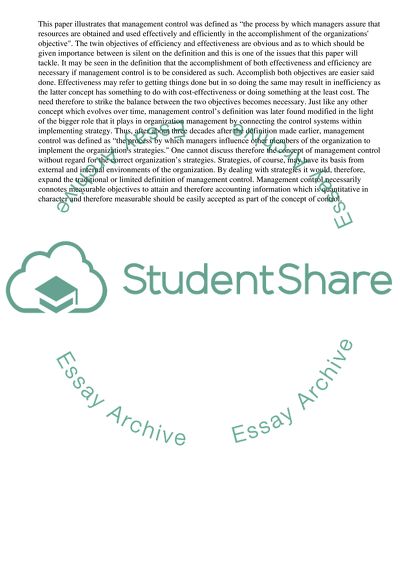Cite this document
(“The Importance of Management Control on the Organisation Research Paper”, n.d.)
The Importance of Management Control on the Organisation Research Paper. Retrieved from https://studentshare.org/management/1584095-the-importance-of-management-control-on-the-organisation
The Importance of Management Control on the Organisation Research Paper. Retrieved from https://studentshare.org/management/1584095-the-importance-of-management-control-on-the-organisation
(The Importance of Management Control on the Organisation Research Paper)
The Importance of Management Control on the Organisation Research Paper. https://studentshare.org/management/1584095-the-importance-of-management-control-on-the-organisation.
The Importance of Management Control on the Organisation Research Paper. https://studentshare.org/management/1584095-the-importance-of-management-control-on-the-organisation.
“The Importance of Management Control on the Organisation Research Paper”, n.d. https://studentshare.org/management/1584095-the-importance-of-management-control-on-the-organisation.


